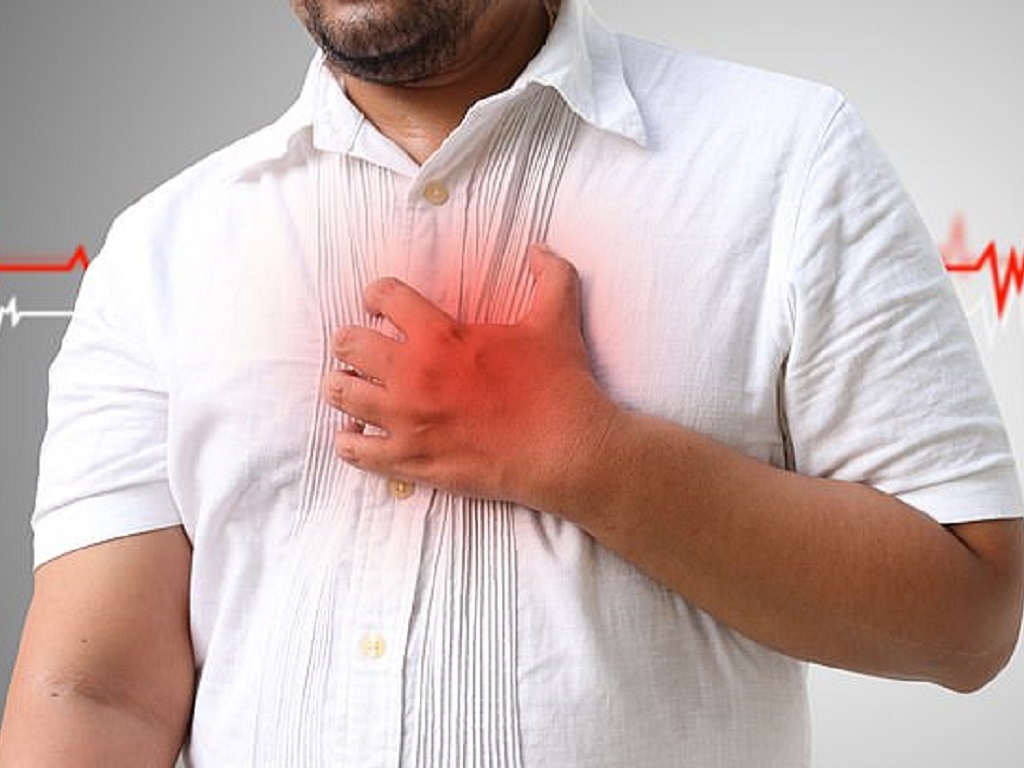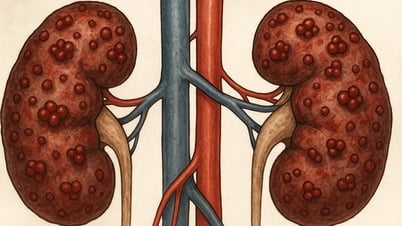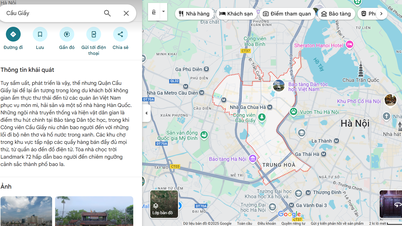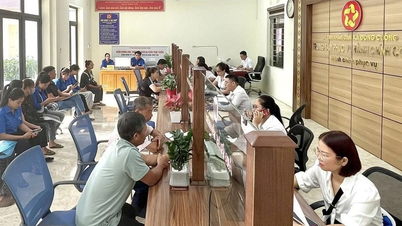In adults, the normal heart rate when not moving or exercising is from 60 to 100 beats per minute. If the heart rate is still higher than 100 beats per minute, it is considered tachycardia, according to the health information site Everyday Health (USA).

Stress and anxiety are common factors that lead to rapid heart rate.
Symptoms of tachycardia include palpitations, a fluttering sensation in the chest, fatigue, dizziness, and even fainting. A rapid heart rate can also be an indicator of overall health. A heart rate that is too fast or too slow can be a sign of health problems.
Stress and anxiety
Stress and anxiety are common problems that contribute to a rapid heart rate. In particular, long-term anxiety disorders can cause high blood pressure, heart rhythm disturbances, and even heart attacks.
Strong emotional reactions, such as stress, anxiety... can also cause the heart to beat faster, leading to low blood pressure and fainting.
Thyroid disorders
One of the health problems that can cause a rapid heart rate is a thyroid disorder. The thyroid gland secretes hormones that regulate the body's metabolism. When the thyroid gland produces too much hormone, it can cause the heart to beat faster and harder, causing heart rhythm disorders such as atrial fibrillation.
Heart disease
Another medical condition that can cause a rapid heart rate is heart disease. The heart is responsible for pumping blood throughout the body, and when there is a problem with this organ, the heart beats faster than normal. In some cases, heart disease can cause serious heart rhythm disturbances, such as ventricular tachycardia.
Anemia
Anemia is a condition in which the body lacks healthy red blood cells. When the body does not have enough red blood cells to carry oxygen to the tissues, the heart must work harder to circulate blood, leading to an increased heart rate. In addition, severe iron deficiency can also cause increased heart rate, left ventricular dysfunction, and even heart failure.
Therefore, if you notice signs of a rapid heart rate, you need to see a doctor for a check-up. By determining the underlying cause of a rapid heart rate, your doctor will provide appropriate treatment and prevent complications, according to Everyday Health .
Source link









































































































Comment (0)